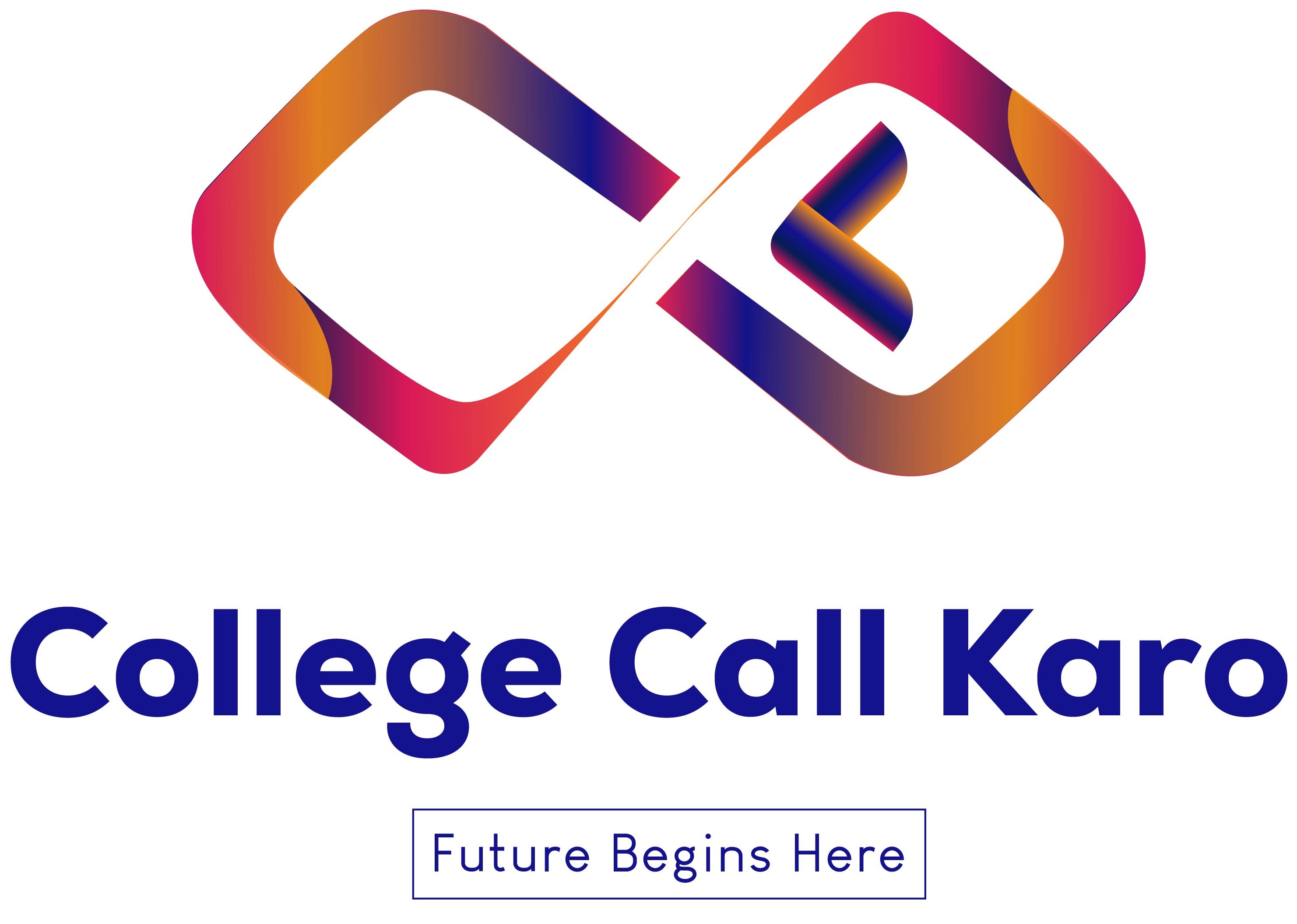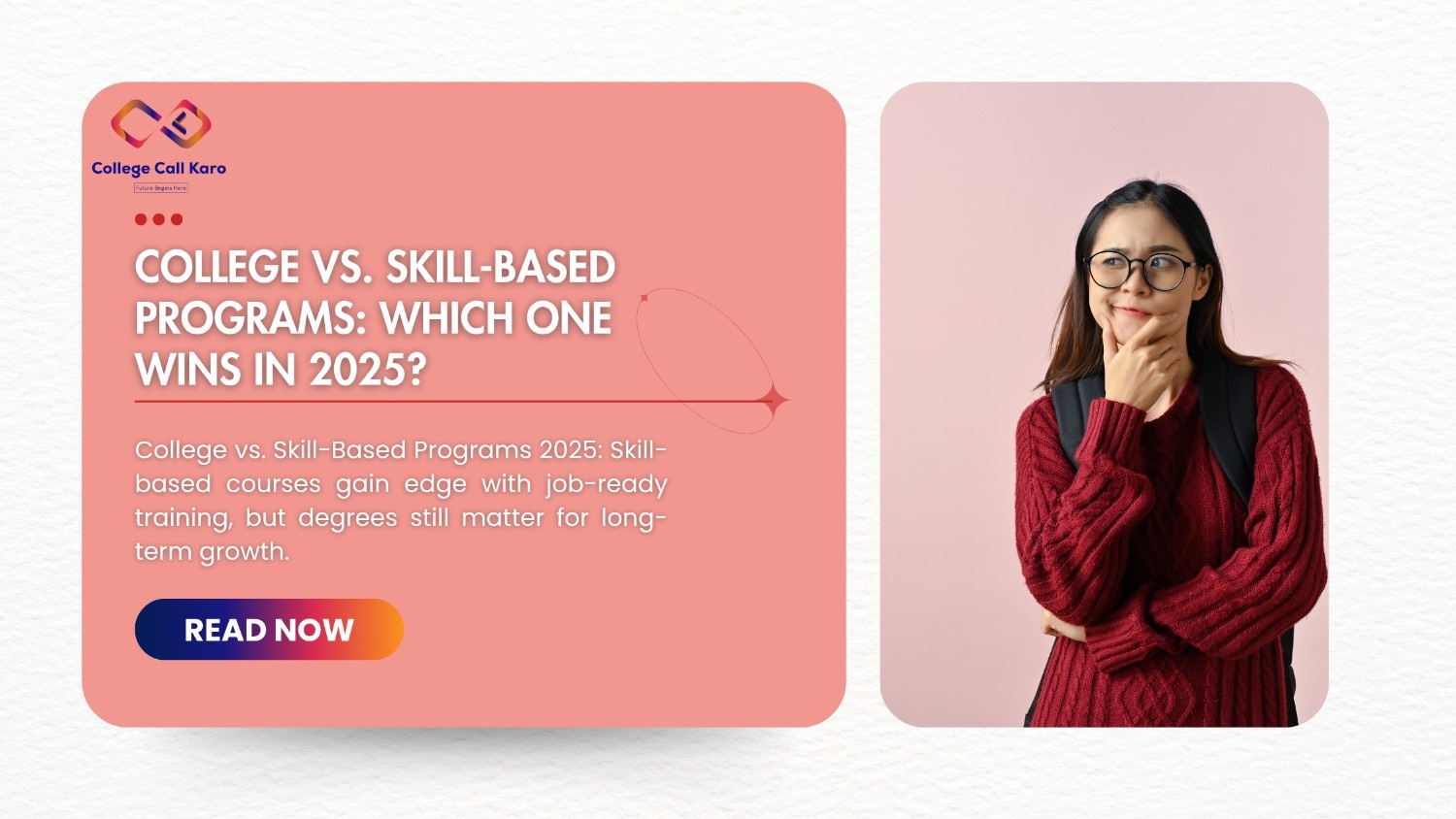College vs. Skill-Based Programs: Which One Wins in 2025?
College vs. Skill-Based Programs: Which One Wins in 2025?
In 2025, students face a big question: Traditional college degrees or skill-based programs? With the job market evolving rapidly, many are rethinking the value of a 3-year or 4-year degree when skill development courses can offer quicker, targeted results.
College Degrees in 2025: Pros & Cons
Pros:
Structured academic learning
Recognized by most employers
Opens doors for research, higher studies
Cons:
Time-consuming (3–5 years)
Expensive for many families
Less industry-specific skills
Skill-Based Programs in 2025: Pros & Cons
Pros:
Focused, job-ready training
Short-term and cost-effective
Popular in tech, design, digital marketing, finance
Cons:
Not always recognized for government jobs
Limited theoretical depth
Depends on quality of training provider
Top Skill-Based Programs in 2025
Digital Marketing Certifications (Google, Meta, HubSpot)
Data Analytics & AI Courses (Scaler, UpGrad, Coursera)
Graphic Design & UI/UX (Arena, Figma-based bootcamps)
Finance & Stock Market Training (NISM, Zerodha Varsity)
Web & App Development (Coding bootcamps, WhiteHat Jr., Udemy)
Who Should Choose What?
Choose college degrees if you're aiming for academic careers, research, or government jobs.
Opt for skill-based programs if you want to enter the workforce faster, especially in tech, media, or creative fields.
A combo of both is often the best strategy—college for foundation, skills for specialization.
Conclusion
In 2025, the winner depends on your career goals. While college degrees still hold value in traditional sectors, skill-based programs are leading in industries that demand practical, job-ready expertise. The smartest choice? Blend both—get your degree and stack it with high-demand skills for a future-proof career.

